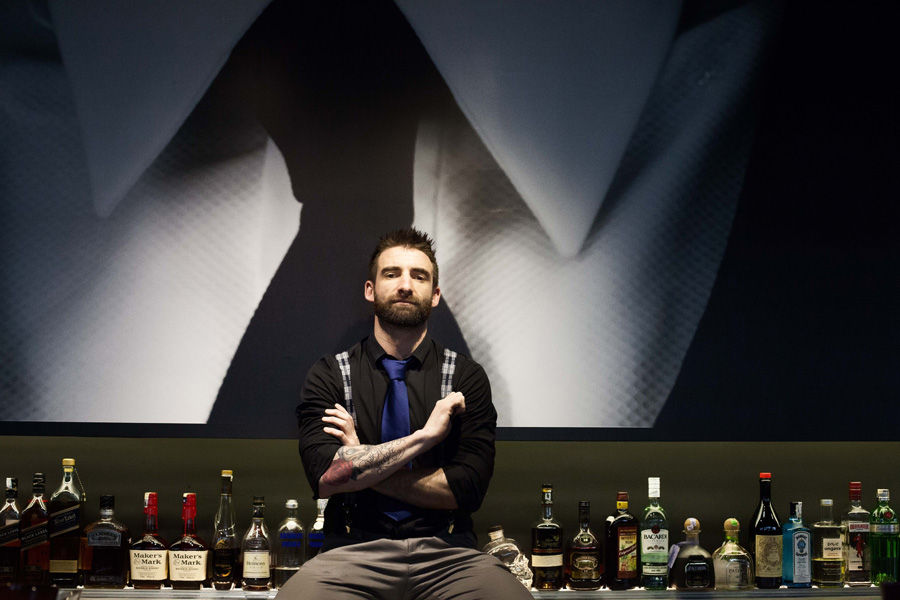Musing with Drift
- Robert Gilliland

- Jun 6, 2016
- 2 min read
Some thoughts for the week..
Why the Aristotle principles of Ethos, Logos and Pathos make for better business?

As humans, generally we gravitate to things that confirm how we think. Recently, I discovered Anthony Tsagal’s The Storytelling Book. It was an epiphany, my light-bulb moment. Tsagal discussed Aristotle’s principles of Ethos, Logos and Pathos. I immediately drew parallels with my quest of asking “why”.
It’s a question that seems simple enough but one most people never ask or fail to answer: Why? For those who know me well, the “why” is essential, it permeates through everything I do and provides the compass for my decision making.

Ethos is essentially trust — creating an internal sense of believability and integrity in what we do. In a business sense, Tsagal refers to this as your brand character or identity. He talks about establishing authenticity; something natural, creative, quirky, distinctive and unique that is truly you.
From experience, people often fail when authenticity is borrowed or taken away from its original owners and left to rot. These people not only fool themselves, but the people they are communicating with.
The next concept is Logos; all thing logical. It focuses on rational persuasion through argument and tangible elements. It is often contrasted to Pathos, the appeal to emotions.
This is what I find most intriguing.
How do we separate reason and emotion? Rational thinking often tells us one thing but our emotions say another.
At the end of the day, most people do things in life because they like it — our Ethos.
Tsagal says reason tends to leads to calculations and conclusions which can waste time and resources. Emotion, on the other hand, leads to action and execution.
We are more motivated to accomplish great things if our “why” is truly authentic.
Simon Sinek in his TED Talk says most humans understand the “what”, a few people understand the “how”, but the one thing that links the great people in this world is their understanding of the “why”.
WATCH NOW
To explain, Sinek makes reference to the Race for Flight between Samuel Pierpont Langley and the Wright Brothers.
Langley, at the time, had all the skills and resources he needed — the “what” and the “how” — but lacked the one thing he really needed, the “why”. His “why” was fame and fortune.
The Wright Brothers, contrastingly, had half of his skill and half of his resources but truly believed they had the chance to improve the human race. They had their “why”.
The goal too often in business is the return. However, I think to do great things, it should only ever be a result of being good at the “why”.
For me, my “why” is to create amazing experiences for everyone we come in contact with: staff, customers, neighbours and the community. The “how” is with amazing people. It just so happens that the “what” — right now — is a restaurant.
Instagram: driftdiningandbar
~~ “Amazing things with amazing people and we will do amazing things.” - Owner & Managing Director, Robert Gilliland.









Comments